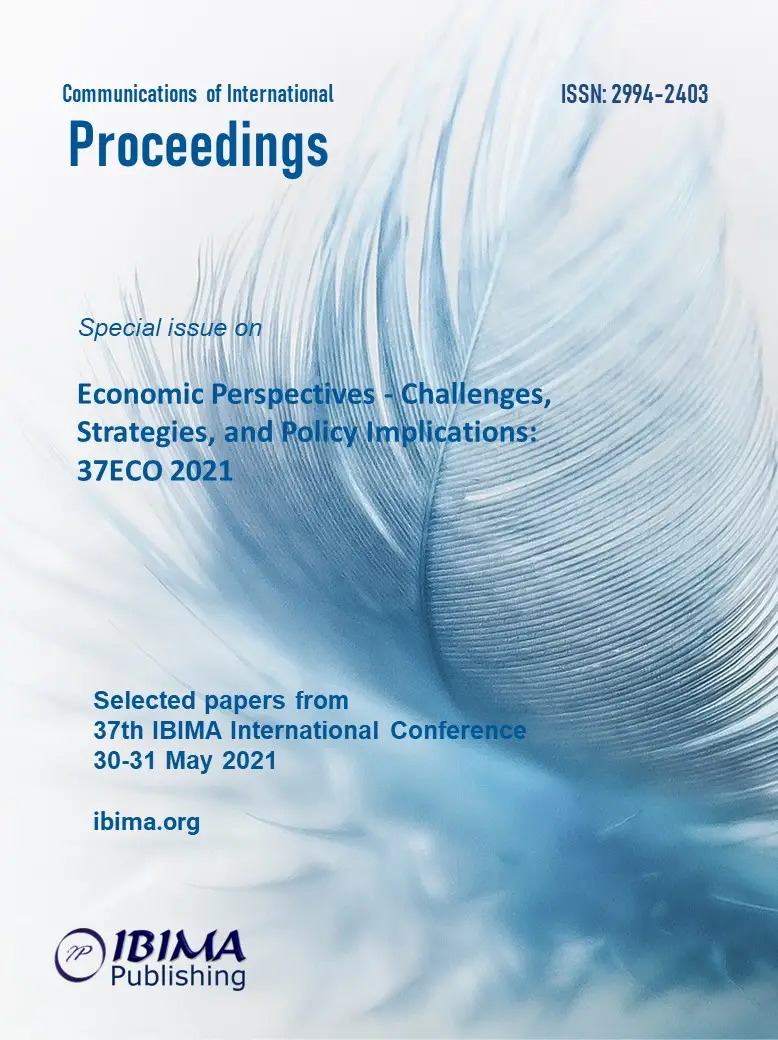
ZHAKHOV Nikolay Vladimirovich, GUBANOVA Elena Vitalievna, KRIVOSHLYKOV Vladimir Sergeevich and BESSONOVA Elena Anatolyevna

The key prerequisites for organizing the transition to the digital economy in Russia are a number of key features that have formed and gained “critical mass”. Today, we can confidently declare a full-fledged transition to “digital rails”, the key forces of development are knowledge and human capital. The paper examines the key challenges facing the economy of the regions of Russia in the context of digital transformation.
Analyzing various approaches to the concept of regional specialization, it is certain that this concept is not always interpreted unambiguously, the author believes that this concept includes three constituent elements implying the branch of specialization, which are presented in the work. It was especially noted that the process of industrial specialization of the regional economy in the context of digital transformation in 2020 was strongly influenced by the “black swan” of the modern socio-economic system – a new coronavirus infection (COVID-19), according to a number of experts the Russian economy will need about three to four years to recover (individual industries up to five years), while we note that we are talking about returning to the base of 2019, a year not particularly marked by advanced indicators of economic development.
A forecast is given of the growth of interregional asymmetry in terms of social factors of economic inequality, contributing to the manifestation of a fundamental contradiction that exists in a modern society based on a market economy: on the one hand, there is a general belief that everyone has equal rights and that his material well-being should depend on individual abilities and desire to work hard; on the other hand, there is a growing property inequality between the very rich and the poor, leading to the fact that individual success is increasingly the result of available resources and assets.
The above trend will be strengthened by the introduction of key, advanced and effective methods of economic management based on the elements of digital transformation. Having considered the modern features of the industrial specialization of the regional economy in the context of digital transformation, their key elements are highlighted.